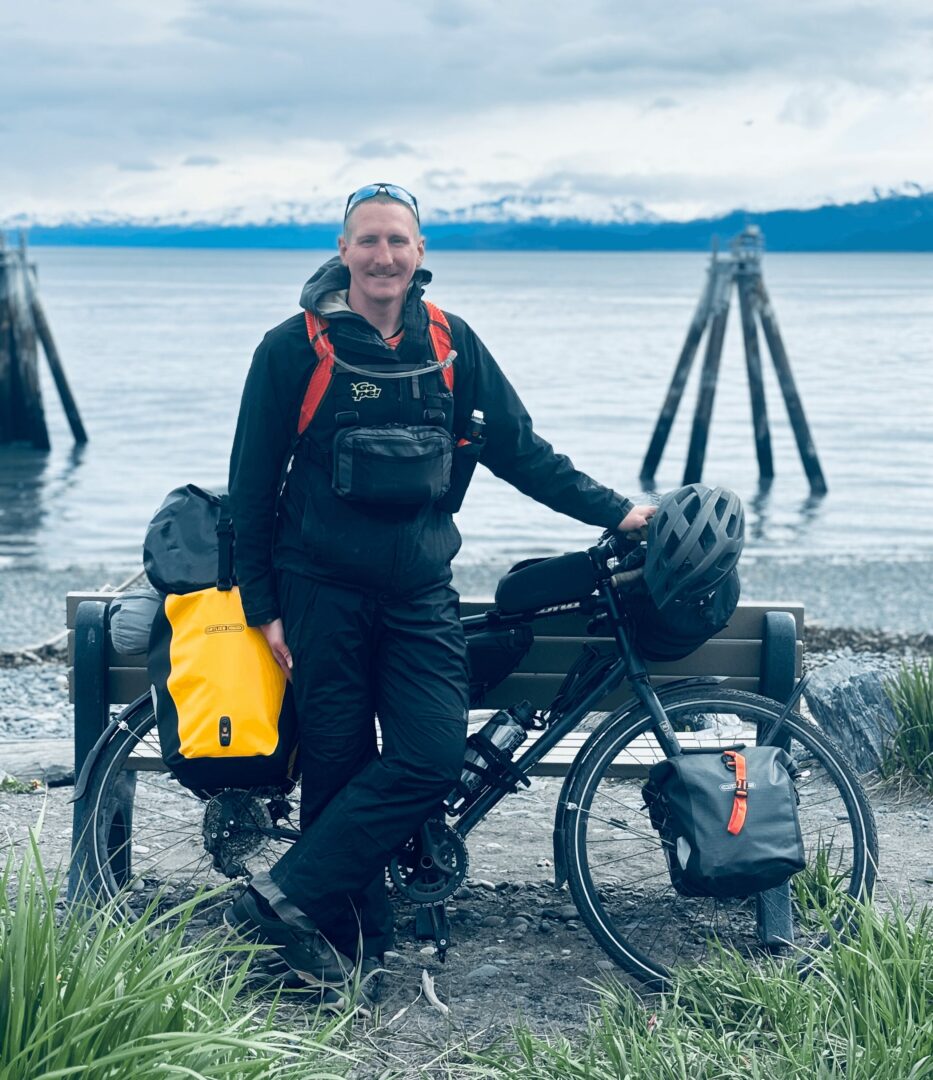We recently had the chance to connect with Tim Bolton and have shared our conversation below.
Tim, really appreciate you sharing your stories and insights with us. The world would have so much more understanding and empathy if we all were a bit more open about our stories and how they have helped shaped our journey and worldview. Let’s jump in with a fun one: Have you ever been glad you didn’t act fast?
When I originally quit my job and set out to ride a bicycle from Alaska to Florida, I was going to do it beginning in late spring 2024. But at that point I didn’t have a bicycle, any gear, or a plan.
The same day I quit my desk job, I called my old manager at the fishing lodge I’d worked at the previous summer to tell him my idea, and he told me I could come back and work there during the upcoming season.
After a moment of thought, I decided it would be much better to wait and prepare for my bike ride in 2025 instead. Looking back, I’m very glad I did.
Can you briefly introduce yourself and share what makes you or your brand unique?
Our modern world moves at the speed of light. We’re more connected than we’ve ever been before. And yet, we’re distracted, argumentative, and disinterested in our own lives.
My name is Tim Bolton. I’m a writer and content creator. This past spring, I set off on a bicycle from Deadhorse, Alaska, with the goal to ride across North America to Key West, Florida.
For much of the past ten years, I’ve been traveling the world and working odd jobs in all kinds of industries. I don’t have a “career”. I’ve actually banned that word from my lexicon. Instead, I look for opportunities to do what I feel I’m uniquely gifted at in order to serve the person I used to be.
My journey has shown me much about the hustle and bustle of 21st century America. It has also brought to light many of my own pitfalls (and some of my better qualities).
In the coming years, I intend to continue traveling the world through human-powered means and learning from people who still live off the land and sea.
You can follow my bike ride on Instagram and Facebook @ride__25. And you can check out my travel blog at bikesboatsandbackpacks.com.
Great, so let’s dive into your journey a bit more. What did you believe about yourself as a child that you no longer believe?
I had a stroke when I was a day old that led to the removal of my left kidney and the implantation of a ventriculoperitoneal (VP) shunt that helped drain fluid from my brain.
I was a perfectly healthy child after the surgery, and I’ve led a normal existence with no further complications all the way into adulthood.
But I admittedly used those early complications as excuses. I viewed myself as a victim, and I rarely took initiative in those early years.
It wasn’t until after college and grad school when I went broke that I started to realize that no one was coming to save me. No one was going to come into my life and make everything magically better for me.
If I wanted something, I was going to have to go out and get it. I was going to have to make something happen on my own. So, during COVID, I got out of debt, saved up, and moved out west to start a new life in the great outdoors.
Those same lessons I learned during COVID are the ones I’m now working to help other young men understand through my social channels, my blog, and – once I finish my bike ride – a book.
What did suffering teach you that success never could?
A cross country bike ride is a powerful metaphor for life. Especially when you’re riding through mountains.
When you ride into the mountains, the approach is the most challenging part because it’s all uphill. Once you get to the top of the pass, that’s when you get the rolling hills. You can use your momentum to climb the next hill. And then, of course, when you’re leaving the mountains, it’s a smooth ride downhill. You just have to watch out for potholes or other dangers that could cause you to wreck.
So what would happen if you were to design your entire life like that?
The hardest part is in the beginning. You’re working your hardest early on, and it feels like you’re getting nowhere. And then at one point you finally crest the hill and get to coast for a little while. Your momentum carries you up the next hill life throws at you. It’s still hard work. But you’re making more progress faster. And then towards the end of your life you use all the momentum you built up to ride downhill.
The funny thing is, we all want the opposite. Easy at the start. Lots of progress with little work. All downhill.
But what happens when you have to make that first big climb? You quit halfway up because it’s too much work. That, in a nutshell, is the lie of convenience we live in today. If life is easy, you’re going to whine and pout at the first sign of struggle. But struggle is a huge part of life and success.
So a lot of these questions go deep, but if you are open to it, we’ve got a few more questions that we’d love to get your take on. What’s a belief or project you’re committed to, no matter how long it takes?
Let me start by saying I’m not anti-technology and I don’t think AI is some great evil that’s going to take all our jobs.
But I do wonder how the increased reliance on machines and AI is affecting our resourcefulness and adaptability, two traits that have undeniably allowed humans to survive as long as we have to become the dominant species on our planet.
So the belief I’m committed to is that we have to continue to adapt and use our resources to remain uniquely human. And that includes using the technologies of our time to create meaningful lives for ourselves.
However, I’m also committed to living as much of my life in the great outdoors as I can. And I want to help others do the same. Because our relationship with our natural environment is fundamental to our ability to adapt, build our resources, and lead lives of meaning.
That means that the project I’m committed to is increasing our awareness of how people have used their environments to survive and thrive. But I want to do so using the technologies of our time so that we might continue marching on to a viable future for ourselves on the only planet we call home (for now).
Okay, so before we go, let’s tackle one more area. If you laid down your name, role, and possessions—what would remain?
There’s really only four things that matter to me:
1. Serving a higher purpose
2. Building quality relationships with others
3. Doing meaningful work
4. Taking care of myself
All thought about legacy and how I’ll be remembered are distractions meant to feed my ego.
Generations from now, the world will look vastly different than it does today. But there will also be through lines that carry on. And they usually have something to do with one or more of those four areas I mentioned.
Legacy is in how you treat people now. It’s in the work you do. It’s how you serve the purpose that calls to you. And it’s how you care for yourself mind, body, and soul.
If you focus on those four areas while you are breathing, a natural byproduct is that you’ll build a positive legacy that lasts long after you stop.
But if you spend your waking hours biting your nails wondering if history will remember you favorably, chances are it won’t.
Contact Info:
- Website: https://www.bikesboatsandbackpacks.com/
- Instagram: ride__25
- Facebook: Ride 25
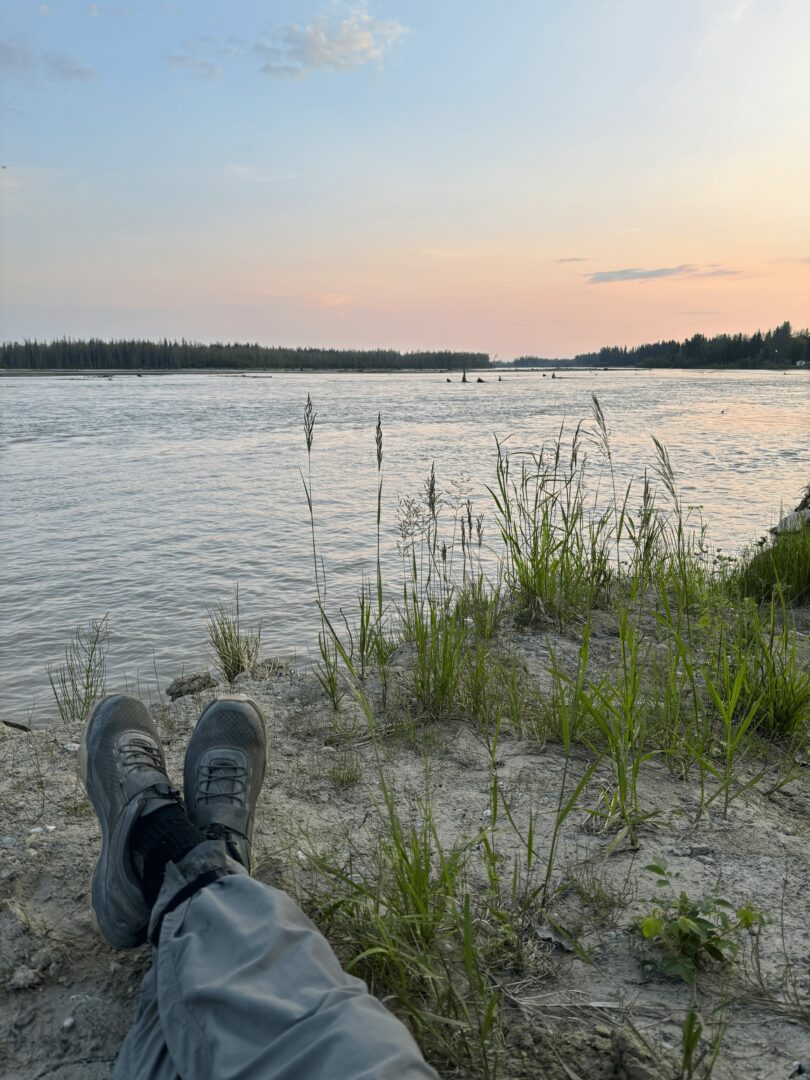
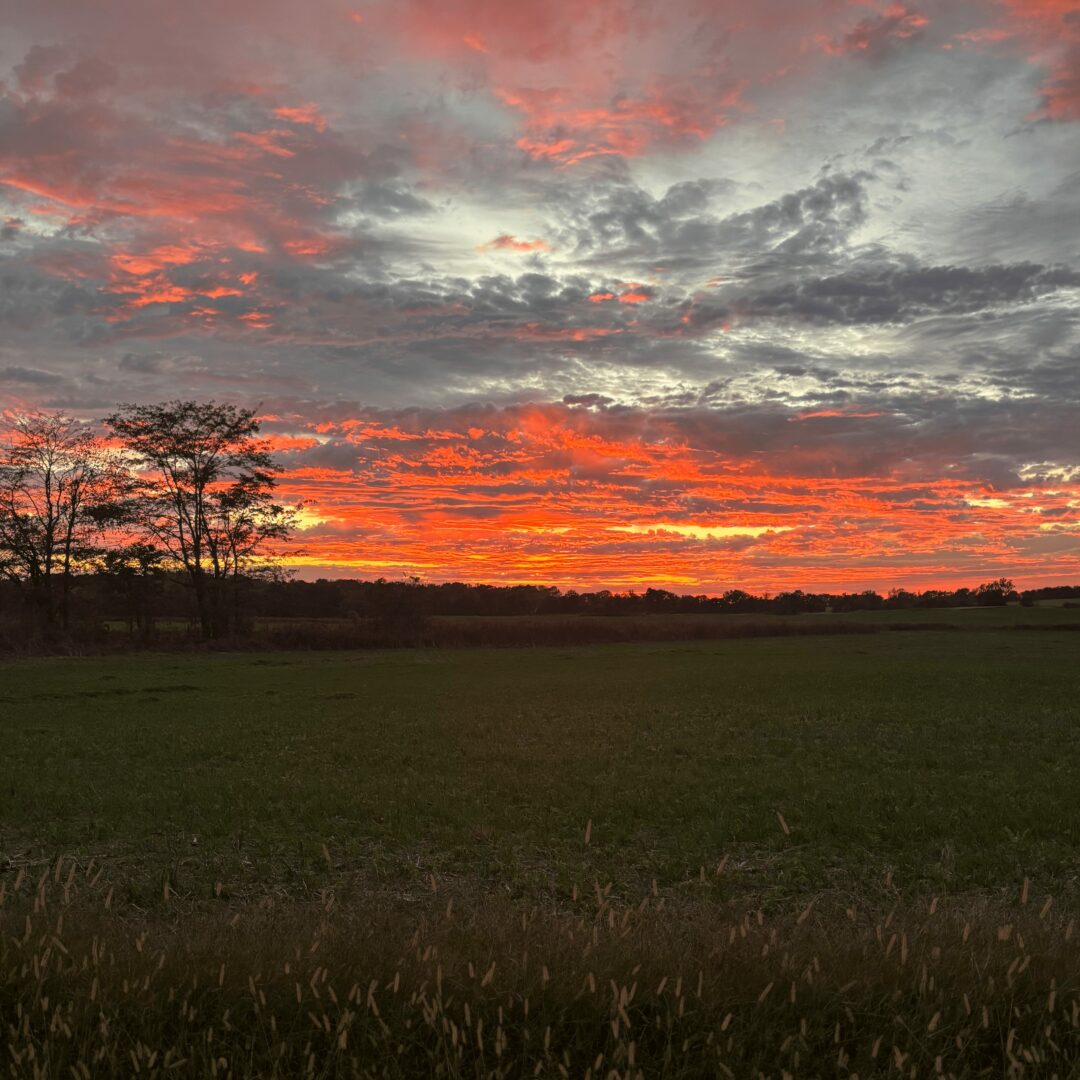
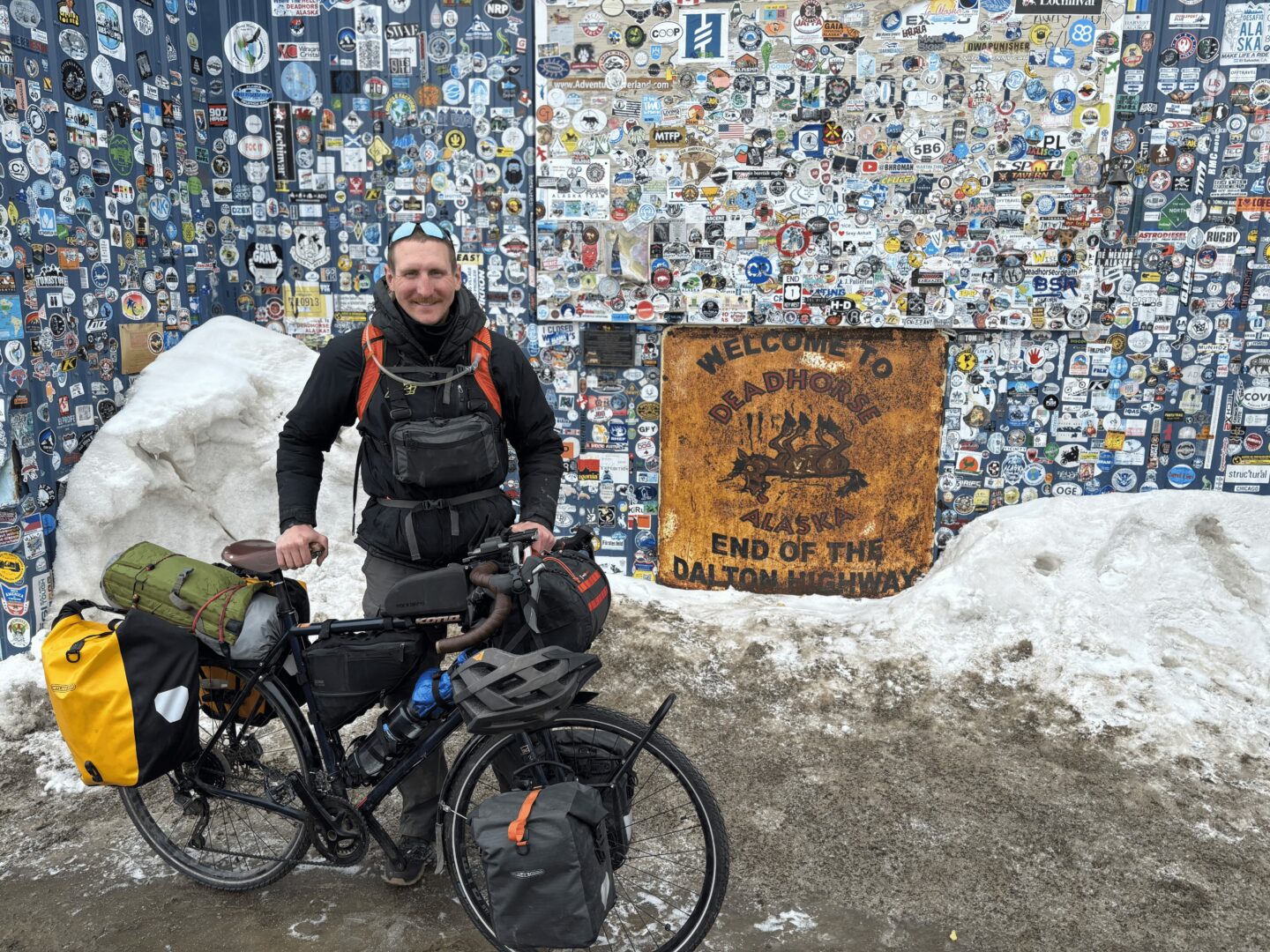
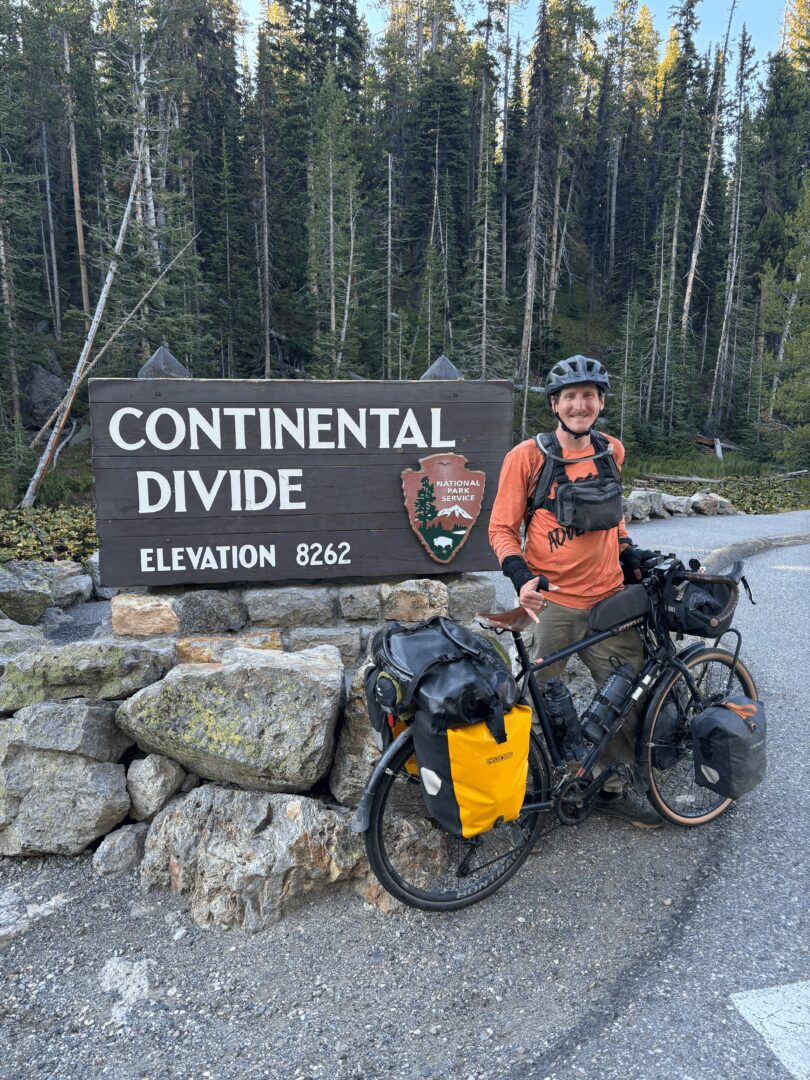
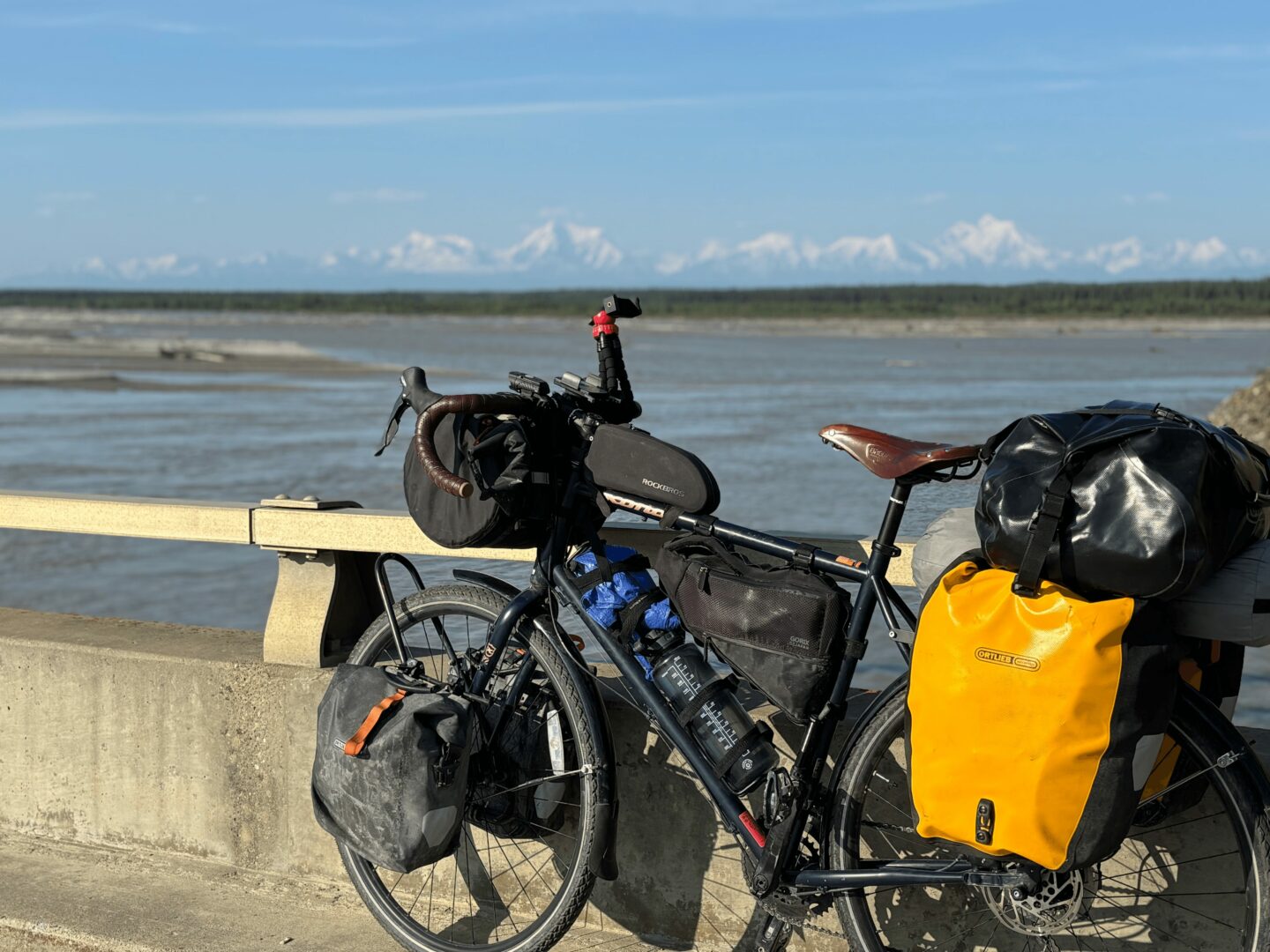
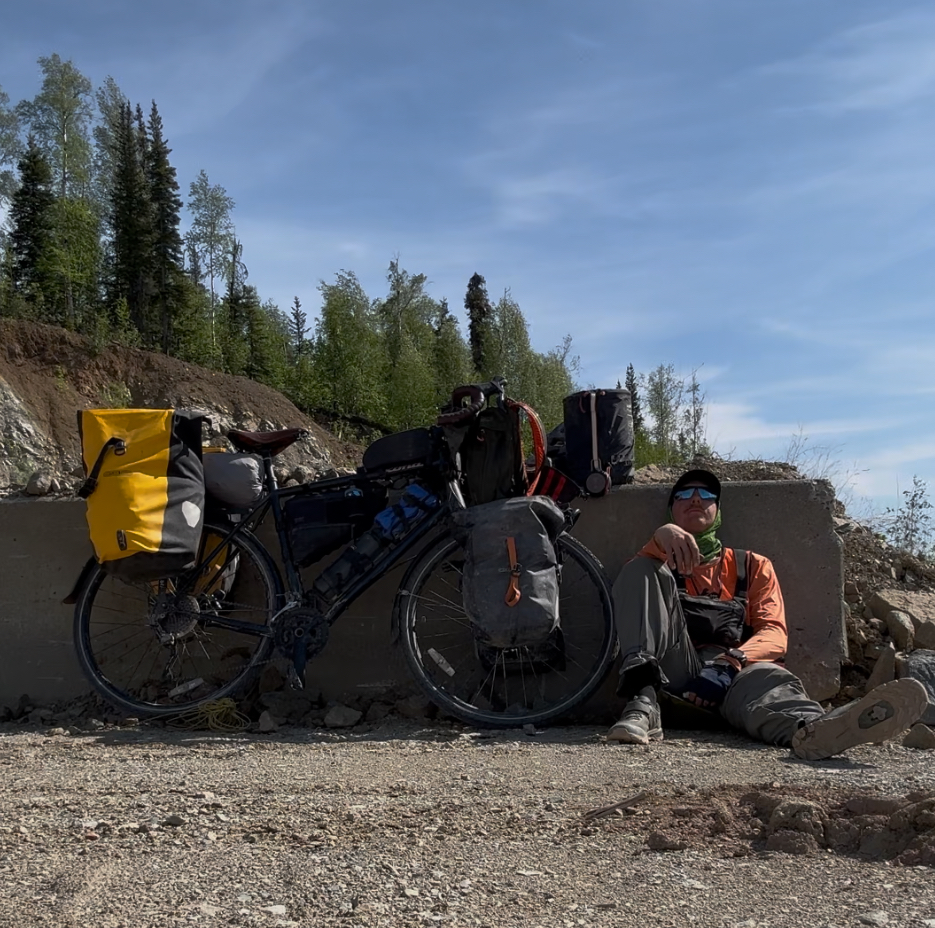
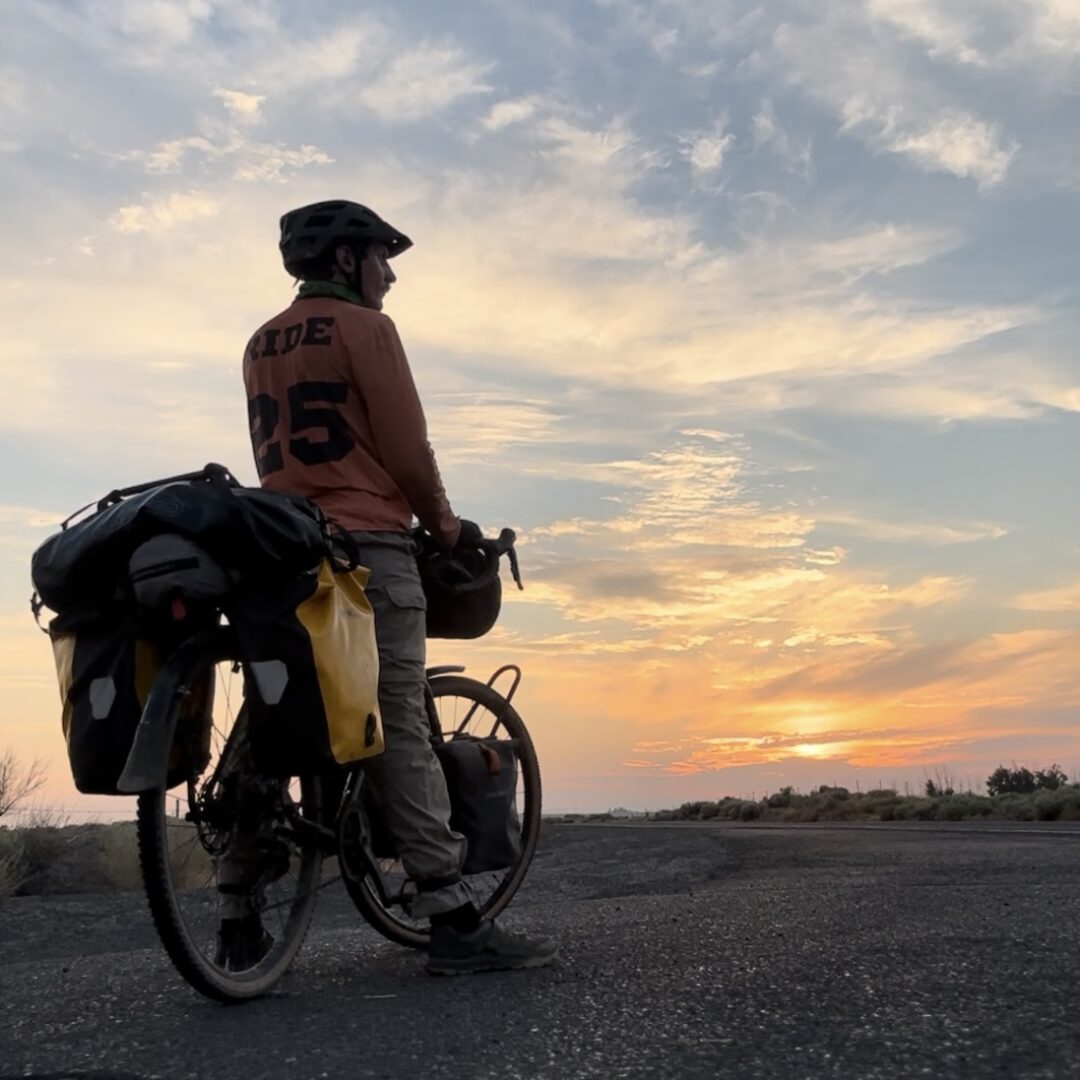
so if you or someone you know deserves recognition please let us know here.

